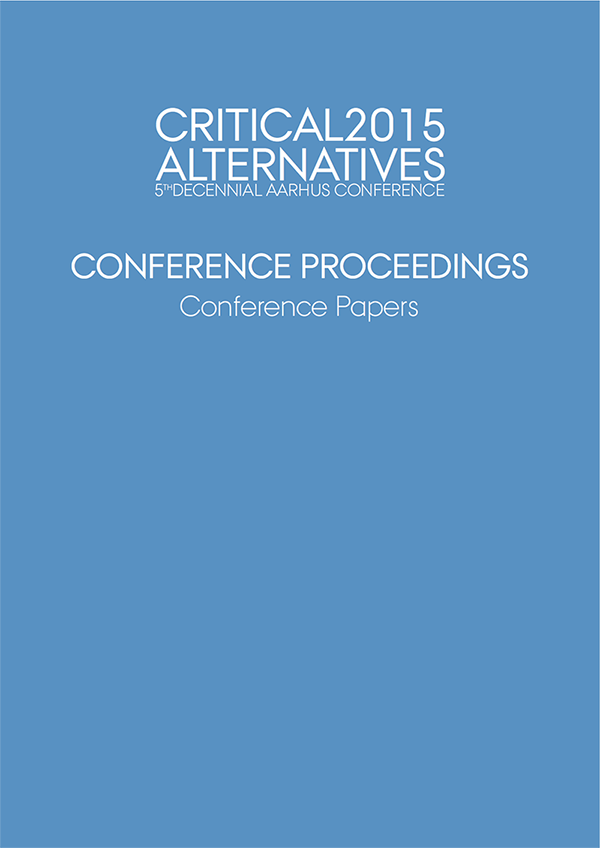“I’ve had it!” Group therapy for interdisciplinary researchers
DOI:
https://doi.org/10.7146/aahcc.v1i1.21393Nøgleord:
Multidisciplinarity, transdisciplinarity, collaboration, experience, methodology, epistemology, research practiceResumé
In this workshop, we reflect on and share the fun and frustrations of working in interdisciplinary research. We ask participants to openly reflect on their experiences of interdisciplinarity. What approaches have worked and what have failed? In addition to identifying phenomena, we aim to sketch out the next decade of interdisciplinary research in computing, especially in HCI. The third paradigm of Human-Computer Interaction focuses on the qualitative aspects of use experience and the situatedness of technologies. This new orientation has drawn in researchers from various other research and arts backgrounds and traditions, including the social sciences, architecture and industrial design among others. Therefore, we consider this third paradigm to be inherently interdisciplinary. Through workshop participants’ reflection of their own experiences, we strive to identify the common problems and pitfalls of interdisciplinary research, and to celebrate successes, as well as share best practices.
Referencer
Bardzell, J., & Bardzell, S. (2014) A great and troubling beauty: cognitive speculation and ubiquitous computing. Personal and ubiquitous computing 18(4): 779-794.
Harrison, S., Sengers, P., & Tatar, D. (2011) Making epistemological trouble: Third-paradigm HCI as successor science. Interacting with Computers 23(5): 385-392.
Rogers, Y. (2006) Moving on from weiser’s vision of calm computing: Engaging ubicomp experiences. In UbiComp 2006: Ubiquitous Computing. Springer Berlin Heidelberg: 404-421.
Rogers, Y. (2011) Interaction design gone wild: striving for wild theory. Interactions 18(4): 58-62.
Sellen, A., Rogers, Y., Harper, R., & Rodden, T. (2009) Reflecting human values in the digital age. Communications of the ACM 52(3): 58-66.




